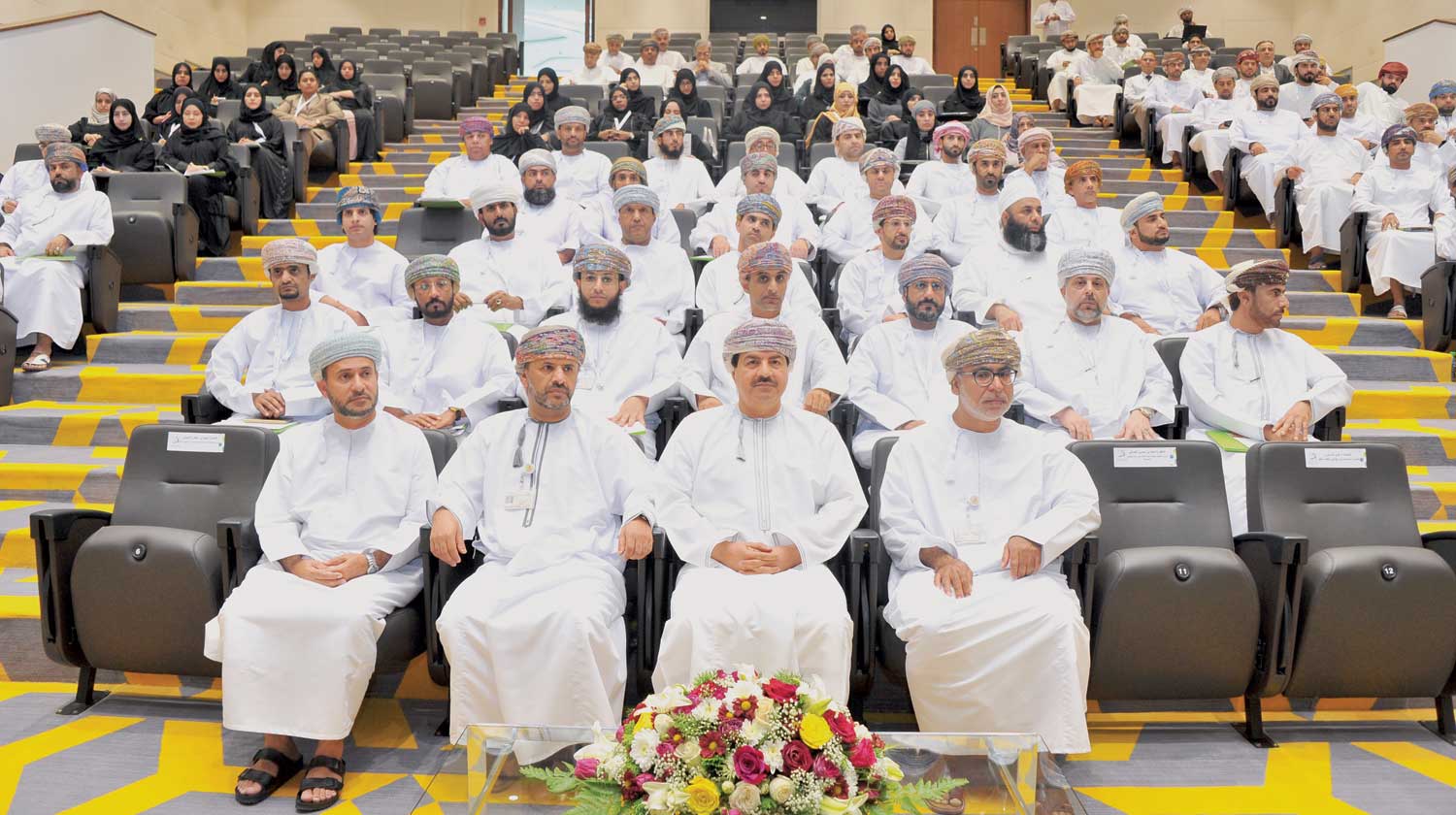

MUSCAT, APRIL 9 - As part of the Food Safety Week, the Ministry of Regional Municipalities and Water Resources on Tuesday organised a seminar on the ‘Cases of Food Poisoning: Investigation and Documentation’ under the patronage of Dr Ali bin Talib al Hinai, Under-Secretary for planing affairs at the Ministry of Health. The seminar included several topics including the basics of food poisoning, the emergence of food poisoning microbes, the economic burden of food poisoning, the safe food trading, and guidelines of the World Health Organization to investigate cases of food poisoning.

The rise in the incidence of food poisoning at the international level is the result of several factors such as the emergence of new microbes causing diseases, and the increasing resistance of these microbes to methods and processes of conservation, Hamad bin Sulaiman al Gharibi, Under-Secretary for Regional Municipalities at the Ministry of Regional Municipalities and Water Resources, said at the seminar.
He also highlighted other reasons which include unhealthy food, the low level of awareness of some consumers and food traders, and the failure of some food producers in ensuring safety of their products.
Data from food poisoning cases from all over the world show that Salmonella, Escherichia coli and Listeria monocytogenes are the most common microbes that cause food poisoning at the international level.
He said the workshop was organised as part of the activities of the Food Safety Week 2019 with the aim of enhancing awareness of regulators, private sector companies and institutions about safety standards and guidelines stipulated by the World Health Organization.
The workshop helped the participants exchange scientific and practical experiences in the field with experts and specialists from various relevant bodies.

Dr Mohammed al Ruzaiqi, Researcher in Food Policy for Food Science and Nutrition at Sultan Qaboos University, in his paper said that the cost associated with the spread of food-borne diseases includes the cost of medical care as well as the non-medical costs of lost businesses, lawsuits and loss of income for victims and workers in the production and distribution of food in companies.
Dr Amanat Ali from the Department of Food Science and Nutrition, College of Agricultural and Marine Sciences, SQU, explained that food can be contaminated at many stages from the farm to the company.
The concentration of chemicals in food determines the severity of health risks. The quality and safety of food can be affected by the addition of some plant nutrients and exposure to radiation.
Oman Observer is now on the WhatsApp channel. Click here



